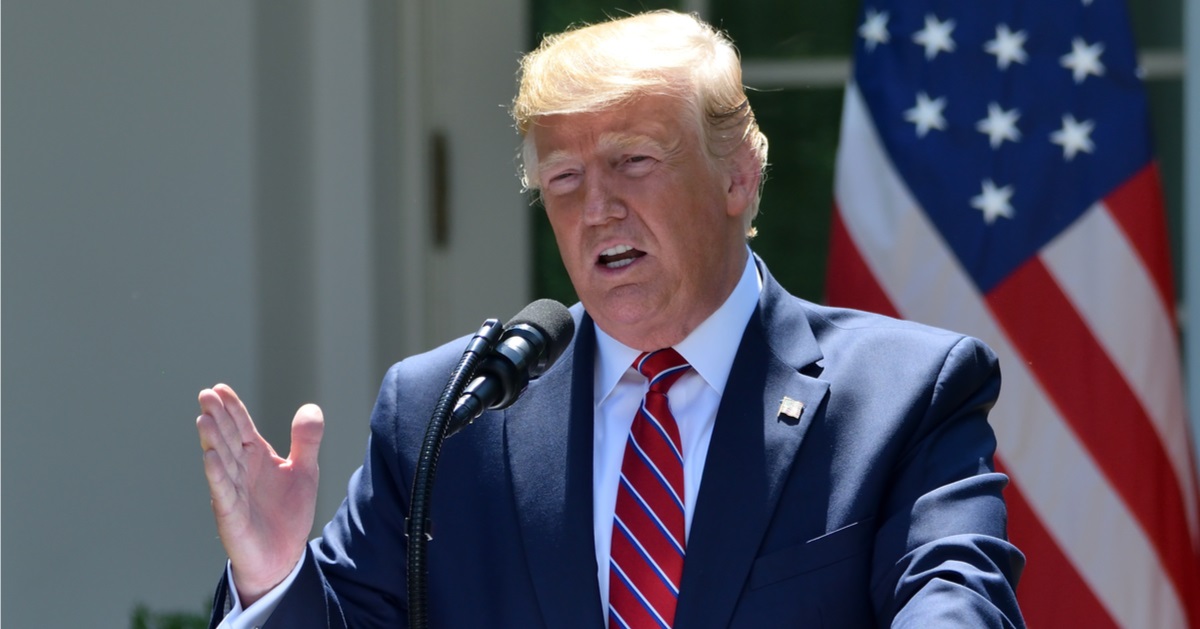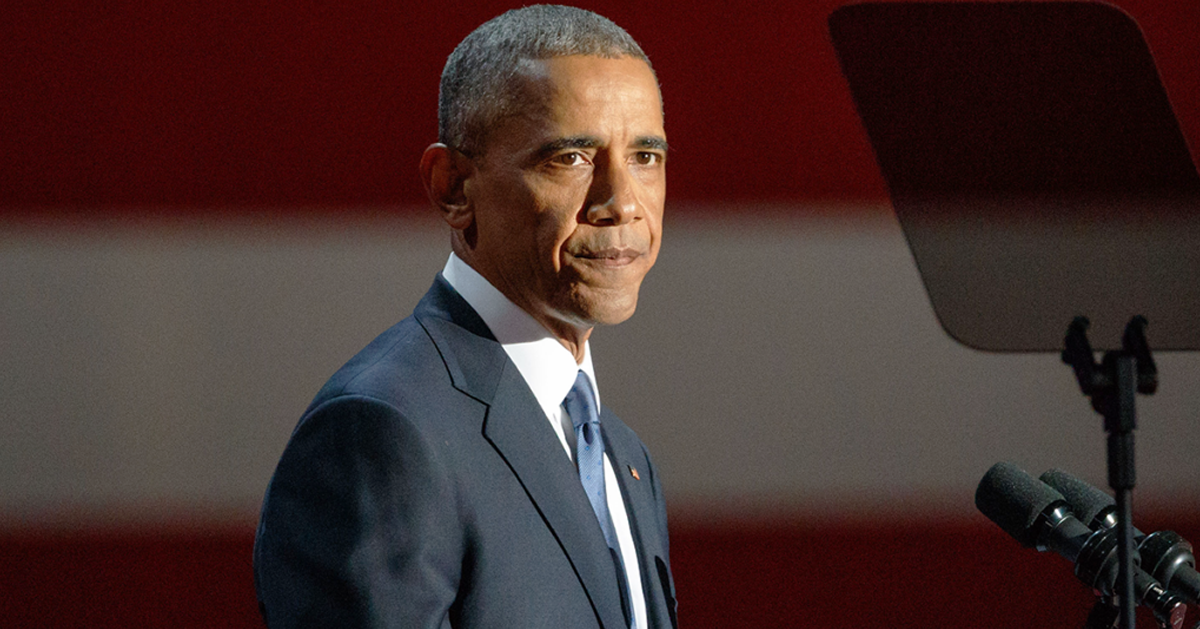Hunter Biden's role in father Joe's pardon decisions revealed by ex-chief of staff
Hold onto your hats, folks—Hunter Biden, the former first son with a rap sheet longer than a CVS receipt, was reportedly knee-deep in discussions about presidential pardons during the twilight of Joe Biden’s administration, the New York Post reported.
While the elder Biden was signing off on clemency for family and thousands of others, Hunter’s involvement raises eyebrows about just how personal these decisions got. Let’s dive into this murky swamp of executive power and family ties.
As Joe Biden’s term wound down, a flurry of pardons and commutations—many via autopen—swept through, with Hunter playing a notable role in the talks, though his own pardon was uniquely hand-signed by dad.
Early on, whispers of Hunter’s input in clemency discussions surfaced, with a source close to former White House chief of staff Jeff Zients confirming to a House committee that Hunter “was involved with the pardon discussions and attended a few meetings.” Well, isn’t that cozy? When a man with felony convictions for firearms and tax evasion is in the room, you have to wonder if the scales of justice are tipping more toward family loyalty than blind fairness.
Hunter’s Shadow Over Pardon Talks
Jeff Zients, in his testimony, made it clear that while Hunter had a seat at the table, President Biden “valued input from a wide variety of advisors” and insisted on making “the final decisions” himself. That’s a nice way to spin it, but let’s be real—having a son with legal baggage in these chats doesn’t exactly scream impartiality. Conservatives have long questioned whether personal interests trumped public good in this administration.
Speaking of Zients, he wasn’t shy about singing Biden’s praises, noting he had “full confidence” in the president’s ability to serve and was “proud” of his accomplishments. Admirable loyalty, sure, but it sidesteps the messy optics of Hunter’s role. When family ties mingle with executive power, the public deserves more than platitudes.
As the pardon process unfolded, internal confusion reigned among White House staff and Department of Justice officials about which cases were truly greenlit. Emails from as early as January 11 show staff secretary Stefanie Feldman seeking written confirmation of Biden’s approval for specific documents. It’s almost as if no one trusted the process enough to take it on faith.
Autopen Approvals Spark Legal Debate
By January 18, Associate Deputy Attorney General Brad Weinsheimer flagged “highly problematic” wording in clemency warrants, urging direct guidance from Biden to clarify intent. Sounds like a bureaucratic mess that could have been avoided with a steadier hand at the helm. When even the DOJ is scratching its head, you know the process has gone off the rails.
Finally, on January 19, Zients sent a late-night email at 10:31 p.m. approving the autopen for a slew of pardons and commutations, following Biden’s verbal go-ahead. That autopen signed off on everything from blanket protections for Biden family members—excluding Hunter—to commutations for thousands of prisoners. Efficiency or expediency? You decide.
President Biden himself told The New York Times he resorted to the autopen “because there were a lot of them.” Fair enough, but when you’re commuting sentences for over 1,500 people and pardoning 39 others in December alone, plus 37 death row inmates to life terms, the sheer volume begs the question of oversight. Rubber-stamping clemency on this scale feels less like justice and more like a fire sale.
Family Pardons Raise Ethical Questions
On his last day in office, Biden issued blanket pardons for family members like James Biden, shielding them from future federal prosecution—yet Hunter’s own pardon, covering tax and gun crimes from 2014 to late 2024, was the only one hand-signed. That personal touch for Hunter’s get-out-of-jail-free card speaks volumes. Is this equality under the law or a VIP pass for the president’s son?
Biden doubled down to The Times, asserting, “I made every decision.” That’s a bold claim when staff debated for days over who had final say on documenting these calls, and the autopen did most of the heavy lifting. Accountability shouldn’t come with an asterisk.
Critics, including former President Trump, didn’t mince words, branding the autopen clemencies “a crime.” While legal experts maintain these documents hold full force if they reflect Biden’s intent, the Justice Department’s review of whether aides overstepped authority adds fuel to the fire. If the law is clear, why the second-guessing now?
Conservative Concerns Over Clemency Chaos
The scale of these actions—25 warrants via autopen, some impacting up to 5,000 prisoners—underscores a rush to clear the slate before Biden’s exit. For conservatives wary of unchecked executive power, this looks like a parting gift to favored causes rather than measured justice. Where’s the transparency for taxpayers footing the bill for these decisions?
Ultimately, the involvement of Hunter Biden in pardon talks, coupled with the procedural haze and family protections, paints a troubling picture of blurred lines between personal and presidential duty. While no one doubts a president’s right to clemency, the manner and motives here invite scrutiny. Turns out, even in the highest office, family matters can complicate fair play.
As this story unfolds, conservatives will keep pressing for clarity on how much influence Hunter wielded and whether these last-minute moves truly served the public interest. The Biden administration may be history, but the questions it leaves behind are very much alive. Let’s hope future leaders learn that executive power isn’t a family heirloom to pass around.




